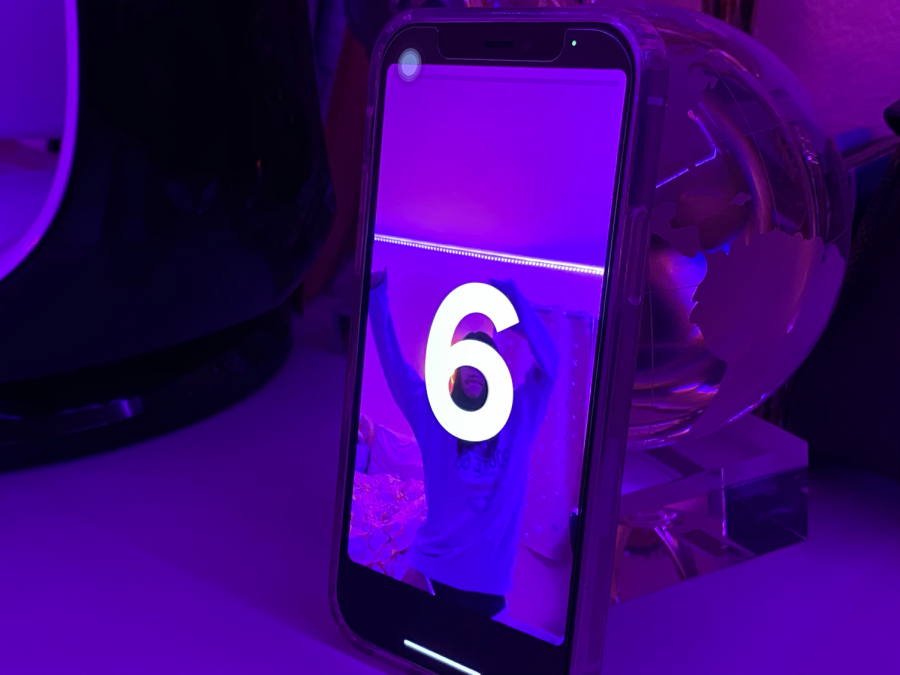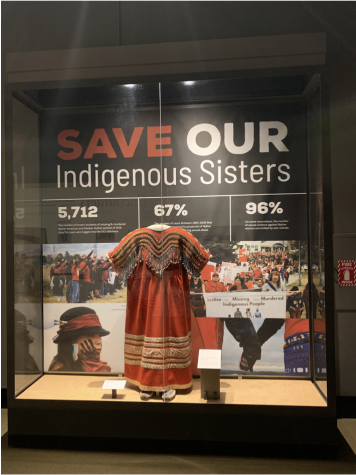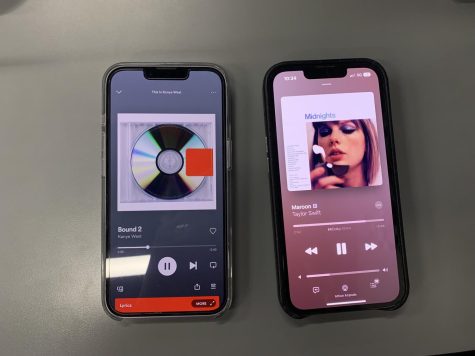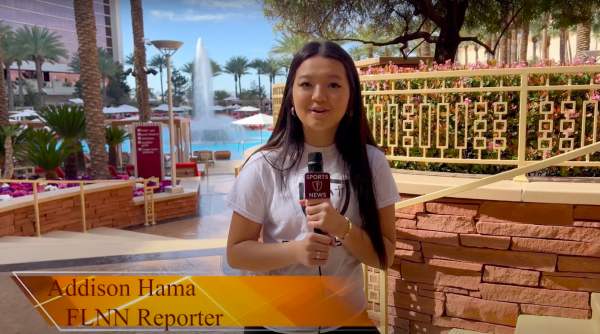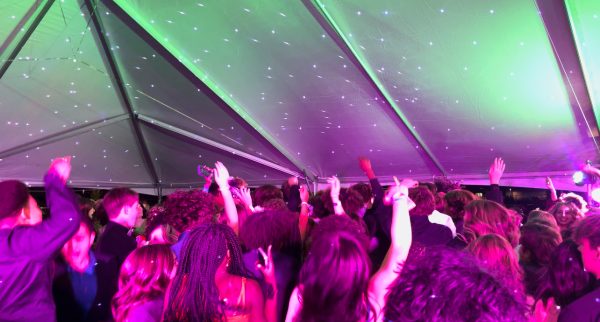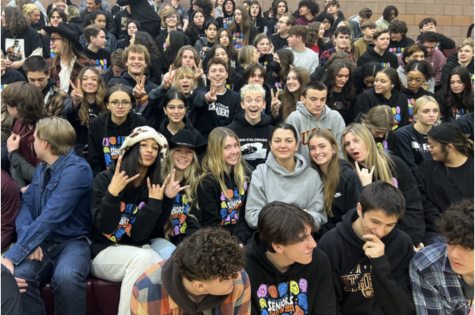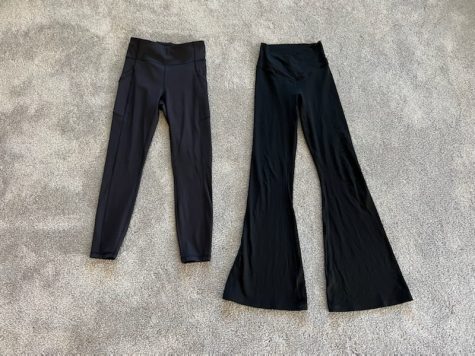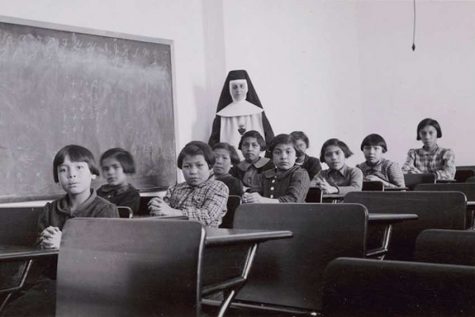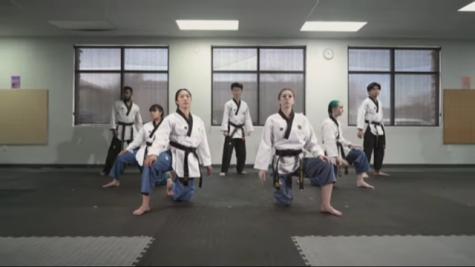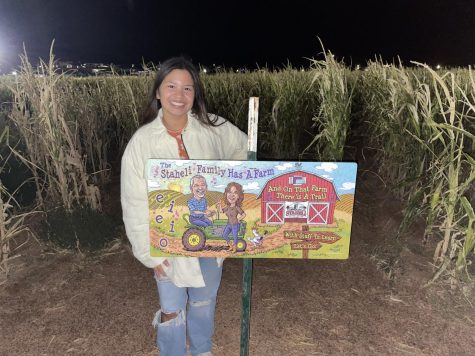Spending Hours Upon Hours On Tik Tok
Many teenagers use Tik Tok as their primary social media application , but is it really the healthiest app for our minds? The app can be really addicting and it’s hard to put your phone down once you start scrolling. Politics and cancel culture have infiltrated the app and have turned this fun video making app into something terrible. But on the other hand, there are still plenty of creators who make funny and enjoyable content. So, is this app where people can create short, funny and entertaining videos healthy for teenagers?
Sophomore, Grace Valdez, said she spends, “5-6 hours (on Tik Tok) depending on what day it is.” She also believes that she is addicted to the app as well. “In a sense, I can spend several hours on it and I think I would get bored since I am now used to using it,” said Valdez.
Simeon T, a sophomore at West Tech, does not use Tik Tok and goes on Instagram and Snapchat for about, “4 hours” a day on other apps. His reason as to why, “There were too many people dancing, or lots of people being snowflakes.” Mrs. Buikema, the sociology teacher, does not use Tik Tok. She agrees that Tik Tok is like, “any form of social media. I am sure people portray negative and inappropriate things on there,”said Buikema, “I mean, there has to be a reason the government is trying to get rid of it.”
Do other teens also use Tik Tok for important political information/news? “I already had strong political beliefs and opinions before I started seeing it on Tik Tok,” said Valdez. “But Tik Tok has for sure educated me when it comes to certain situations.” She thinks, “it is a very good thing that influencers are using their platform for the good and educating their viewers on things they might not even know about. I think it is very important to make sure the information you are getting is reliable and sourced before believing and trusting it 100% though!”
Simeon stated he also gets his news from Tik Tok or Twitter. Both students were asked about “cancel culture”. It is defined as the shunning of an influencer or celebrity for something controversial they have done, or have been doing. Both students knew what cancel culture is. Grace Valdez thinks that, “cancel culture is not the way it should be. I personally believe that it is better to educate instead of immediately canceling. People are human too. We all make mistakes.” Simeon’s was a less elaborate definition, but he defines it as, “When people try to cancel an individual on past events they have done or present.”
Coming together now, both sides agree that people can relate to others and create relationships between the creator and audience on Tik Tok. There is a wide variety of creators: comedians, artists, dancers, and even regular people trying to make people laugh. Teenagers, such as Simeon and Grace use Tik Tok as a distraction or as a time killer. “I find myself on Tik Tok when I am trying to distract myself whether that is watching my favorite Tik Tokers or making them for fun since it takes up so much of my time,” said Valdez.
In the end, Tik Tok is an important social media app where people can interact with one another, creators can produce entertaining content and people can learn about current events.

Keira Bala is a senior at Faith Lutheran and has been a student here since seventh grade. This is her third year on the FLNN team, and she is excited to...


